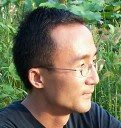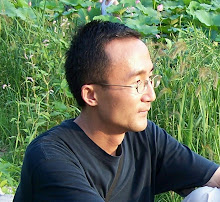This murky state-owned business world. Tactics, strategies, national interests and corruption, how CDB's involvement in an acquisition case has become a complex issue.
It's quite obvious that Dresdner is in trouble, and Allianz wants to sell it. CDB's bid to buy is favourable to some German, as this FT story reports,
'The Chinese pitch appealed to German unions, Dresdner management and some German politicians because CDB was prepared to keep all the bank’s staff, whereas Commerzbank has announced plans to cut 9,000 jobs at the two banks.'
However, even CDB hasn't submitted a formal bid, its intention already made some patriotic observers in Germany ring the alarming bell. Andreas Nolting once gave two reasons in this article that why German should prevent CDB from buying Dresdner,
'Firstly, a takeover by CDB would have placed yet more of Germany's banking sector under foreign ownership. Secondly, the Chinese never said or even hinted at what they planned to do with Dresdner and why they wanted to buy it. Such secrecy should not be rewarded.'
Interestingly, even Andreas realizes the serious problems that Dresdner is facing, as trade unions 'lobbied and demonstrated in favor of a takeover of Dresdner by CDB', the answer is still no.
Stay cool! Since the deal is not promising, the decision of China's state council to hold back the approval is a reasonable one. Judging from CDB's past track record in foreign acquisition, prudence and close scrutiny from the State Council is certainly necessary.
Besides, CDB is also in trouble.
'It has also been rocked by scandal after the arrest of vice-chairman Wang Yi in June and his continued detention as part of a probe into alleged corruption and a report from the state auditor that the bank extended billions of renminbi in illegal and irregular loans last year.'
Better to improve its performance from within before allowing it to take any ambitious overseas acquisition, like another one into the Polish telecoms market, simply because it sounds good.








